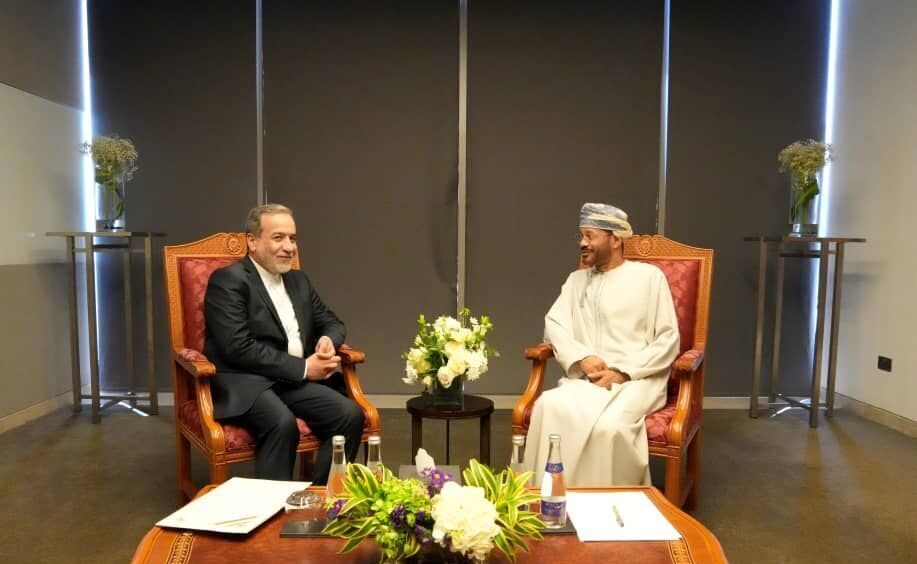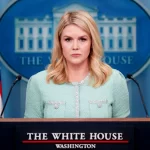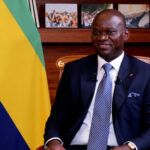The next round of nuclear negotiations between Iran and the United States is set to take place in Rome, shifting the talks away from the Middle East, according to an Italian government source. The source, who requested anonymity, confirmed that the discussions will be held on Saturday, as both sides seek to address Iran’s advancing nuclear program and its potential implications for regional and global security.
The announcement comes as Rafael Mariano Grossi, the head of the International Atomic Energy Agency (IAEA), prepares for a visit to Iran later this week. Grossi’s trip is expected to focus on enhancing access for inspectors to Iran’s nuclear facilities, an issue that has become increasingly important in the wake of the U.S. withdrawal from the 2015 nuclear deal.
The stakes of these talks are particularly high, as the U.S. and Iran approach nearly five decades of tense relations. U.S. President Donald Trump has repeatedly threatened military action against Iran’s nuclear program if a deal is not reached. Meanwhile, Iranian officials have warned that the country could pursue nuclear weapons, as its stockpile of uranium has been enriched to levels close to weapons-grade.
Italian Foreign Minister Antonio Tajani confirmed that the Italian government had approved hosting the upcoming negotiations. Speaking from Japan, Tajani noted that Oman, which has played a key role as a mediator in past discussions, had requested Italy’s assistance. “We are ready to host meetings that could lead to positive results, especially on such an important issue as nuclear proliferation,” Tajani said.
Additionally, Dutch Foreign Minister Caspar Veldkamp also indicated that the next round of talks would take place in Rome, further confirming the location.
While Iranian and U.S. officials have not publicly acknowledged the venue, it is expected that Oman will continue to mediate between the two sides, as it did in the first round of talks held in Muscat. Iranian Foreign Ministry spokesperson Esmail Baghaei downplayed the significance of the location, calling it “not an important matter.”
Ahead of the talks, Grossi is set to visit Tehran, where he will meet with senior Iranian officials, including Foreign Minister Abbas Araghchi and President Masoud Pezeshkian. The IAEA has been instrumental in monitoring Iran’s nuclear activities, despite challenges stemming from the U.S. withdrawal from the nuclear agreement in 2018.
In a statement on social media, Grossi emphasized the importance of continued cooperation with the IAEA, stating that “diplomatic solutions are urgently needed.” His visit is expected to address concerns about Iran’s nuclear program and ensure that inspectors have the necessary access to verify compliance with international regulations.
Key issues at the upcoming talks will include Iran’s uranium enrichment program and the lifting of economic sanctions. Under the 2015 nuclear deal, Iran agreed to limit its uranium enrichment to 3.67% for civilian purposes, but the country has since increased its enrichment to 60%, which is just a short technical step away from weapons-grade levels. Iran also possesses a stockpile of uranium sufficient to produce multiple nuclear weapons if it decides to pursue them.
The collapse of the nuclear deal resulted in the re-imposition of international sanctions on Iran, as well as the freezing of assets abroad. Although sanctions relief remains a key point of negotiation, it remains unclear how much Iran is willing to concede in exchange for the lifting of these measures. Iran is expected to seek continued uranium enrichment, possibly up to 20%, but both sides have refrained from specifying their demands publicly.
Iranian officials have stressed the importance of securing guarantees in any potential agreement, citing past instances of broken promises. Baghaei emphasized that direct negotiations would not proceed as long as the U.S. continued to use sanctions, threats, and pressure as tools in the negotiations.
Despite these challenges, talks have taken place between U.S. envoy Steve Witkoff and Iranian officials following indirect discussions mediated by Oman’s foreign minister. President Trump recently commented that Witkoff’s meetings had been “very good” and indicated that a decision on Iran would be made soon.
The upcoming round of talks in Rome is expected to play a pivotal role in shaping the future of U.S.-Iran relations and the broader Middle East security landscape.



